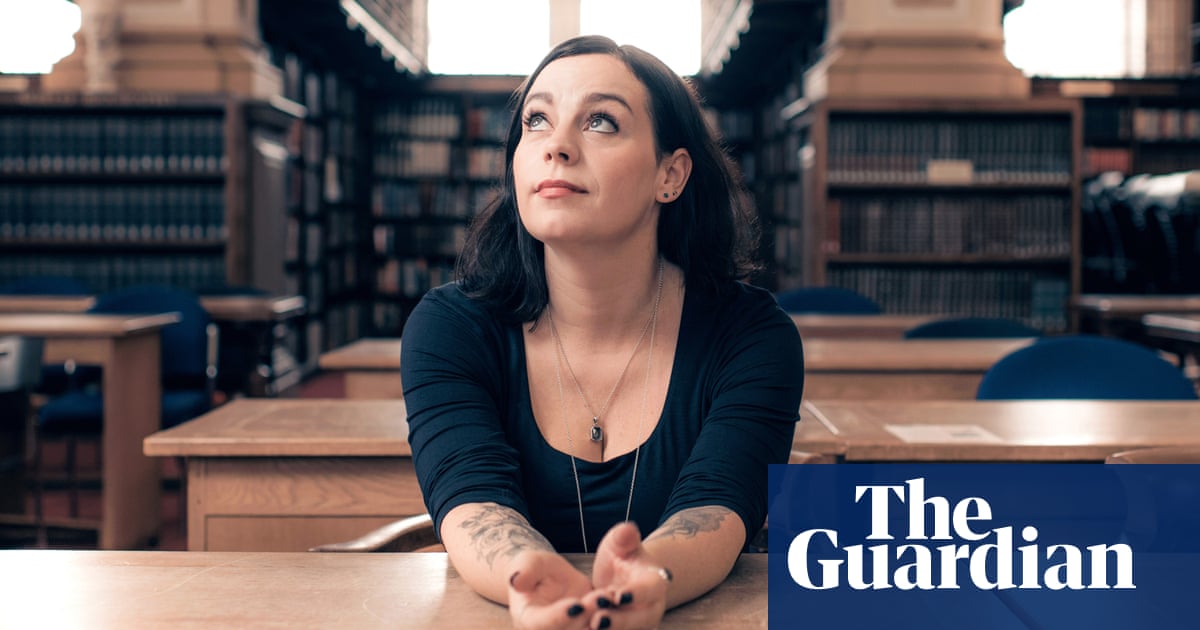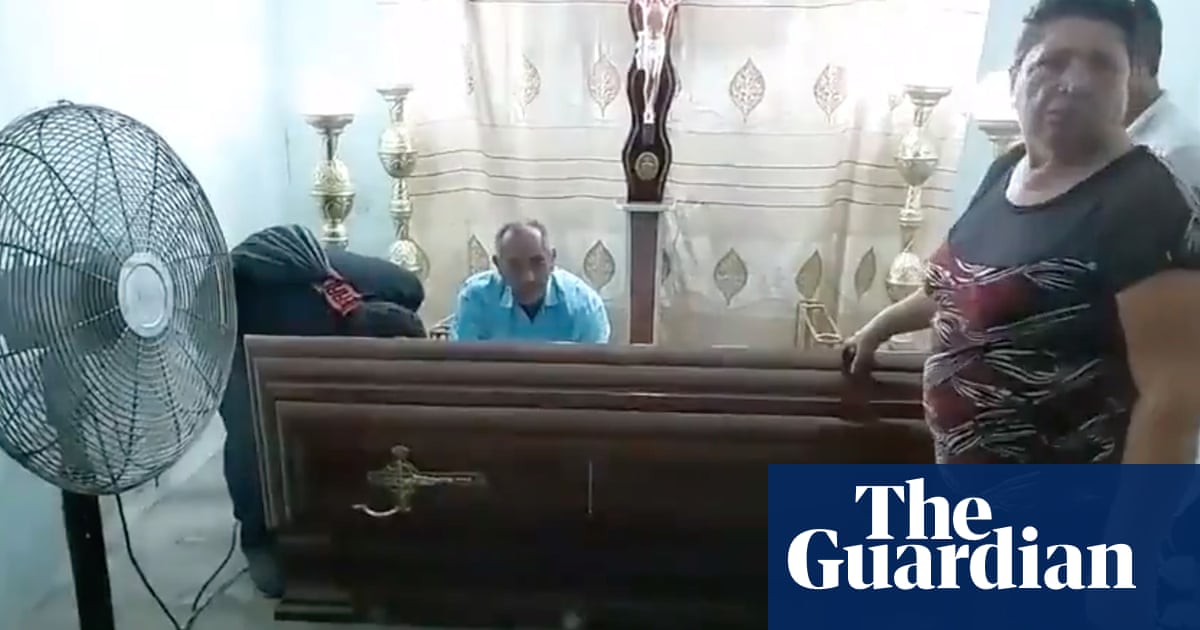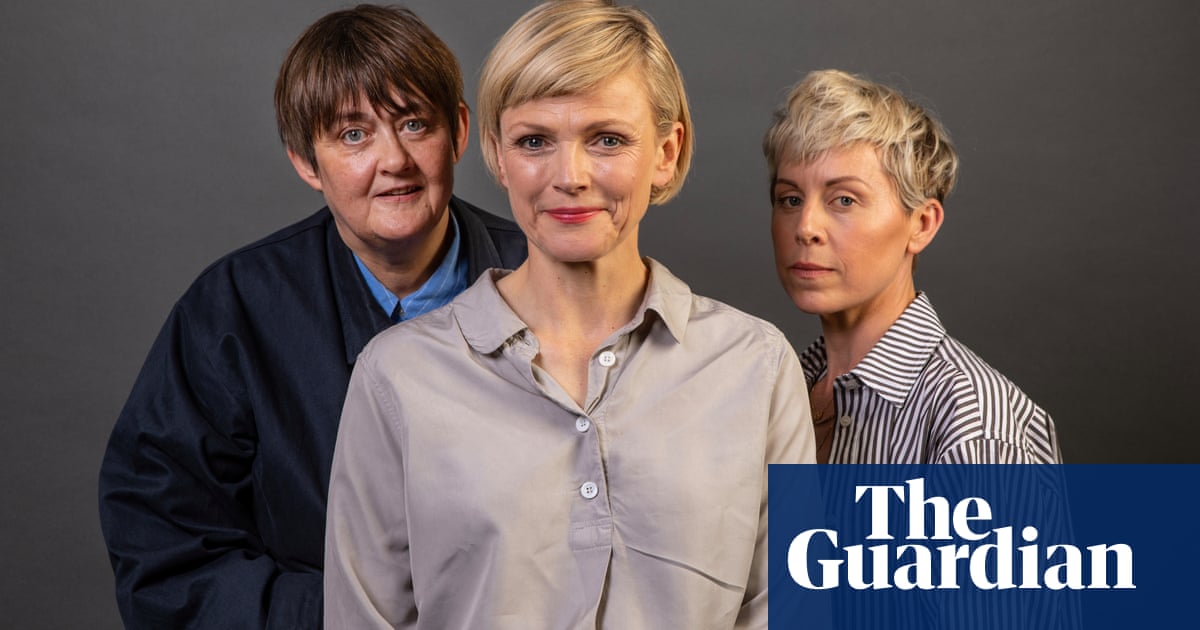
The car windows are tightly closed. A cardboard lemon spins under the mirror. I only want two things in this life. Hair long enough to put it into bunches with bright coloured hairbands and the Incredible Hulk to rip this car roof off and save me. He is my only hero. There is a click-click of an indicator light. I kick tiny brown scuffed shoes against the front seat until the person driving tells me to stop. The world is very fast outside. It runs away from the car. The government take me from place to place. They pay people to keep me. I must be very dangerous. Other children stay in the same houses for ever with people who know them. I don’t know what the Incredible Hulk would make of that. I never know the people I go to live with. Each new person opens a door like a bird’s wing and I have to go into their nest.
Then they close the door.
That’s the worst bit.
Whoever they are then turns to look at me.
I don’t get to leave for a while then.
It could be good, or it could be something else.
There are things you learn by moving all the time, like all carpets swallow children, not all televisions sound the same, different rooms change the views. I like to look at the small things. A door handle, or the way a woman greets a man when he comes home, how her shoulders hunch, or rest, and what that might mean about what you hear later on. I always look under the bed. I do it each night. I sing about everything I’ve done all day too, send my voice on ahead of me into every room. People talk different and they all smell a bit different. They wear things – dressing gowns or jeans, tracksuits, skirts; sometimes I see them get out the bath with skin all shiny and wet. Some people have eyes with nothing behind them. They are nowhere people. I don’t ever meet anyone who has my exact eyes. I know because I check everywhere I go, hoping I might see someone who looks just like me one day. Nobody has my exact hair colour and my skin so pale like a ghost child, see-through with bright blue veins, and dark circles under my eyes.
My shoes are always worn at the heel because I don’t know how to walk properly.
So many mothers say it!
Walk properly!
I wasn’t taught how to do it. I don’t know how to breathe, either. It’s like there is a manual somewhere everyone else got to read while I just gasp in air like a goldfish dying in a little plastic bag on its way home from the fair. Each of the women in all of the houses that I go to live in is called a mother. It doesn’t make them all the same. They are often like each other but all of them put on a face for when people are there and then there is another one when the others are gone.
A radio is on low in the car.
There is a stack of paper on the front seat with my numbers on it.
Wherever I am going this time, I will tell them – you can’t cut my hair! I will point my finger so they know that I mean it. Strangers meet me and then cut my hair! I want bunches!!!!! It’s all I want! Just one thing! I want to be pretty! If I was pretty then someone might want to keep me. They should write it on my notes. DO NOT CUT HER HAIR! Or else! Instead they all just go ahead and cut my hair and I find myself standing like a skinned rat in some strange bathroom with people I’ve never met before while they tut over the absolute state of me.
The car stops, engine clicks off.
Dizzy.
Breathe in and then out.
There is a house with square-eyed windows and a thin oblong mouth. A woman in the front of the car checks her bag, glances at me, she steps out and I just stare straight ahead. None of this is anything to do with me.
– Come on then, missy, get out.
I always remember the sound of a gate as it creaks opens. Memorise weeds on a path. This garden inclines up so it makes the house seem bigger. What is beautiful? I search for one thing that will be my good thing today. A snowdrop! Look! It is so pretty. Doorbell rings. Ding-dong!
There are footsteps. Door opens. A person looks down.
Hello!
– This is her?
– This is she!
They both inspect me. Am I to stay a night? Or a week? I never ask. I had a name that was a song once, but nobody here sings it; it was a tiny little song each time it was said and I miss hearing it. As we go into the house they talk.
– No, just a short-term placement, of course we know, I can’t believe you weren’t contacted earlier.
I am the most stupid thing in existence.
– Go and play!
In a bedroom I find three girls all older than me. I don’t take one more step. Sometimes you know it is best to just stand in a doorway.
– This isn’t your house, you do know that?
It’s a big girl with a ponytail who sneers as the other two giggle hysterically.
– Aye.
– They aren’t your parents and this is my room, these are my toys, and you can’t play with us! What age are you?
– Three.
– Look at your scaffy clothes, ya wee tramp, piss off!
I am a thing in a body.
Walk backwards.
Maybe I should travel the world like this?
This house smells of mince and tatties. I spy a tiny bathroom at the back of the hall and sidle along the wall. There is a blue toilet with a Spanish dolly with frilly skirts sitting on a bog roll. She is about as happy as I am to be here. Maybe I’ll help her escape then only one of us has to stay. Those girls will be sorry when the Incredible Hulk gets here and rips the stupid doors off. I’d be so fucking happy! I am not allowed to swear. They say there are bad words and good words. There are not. There are only words.
The mother in this house has a grey cloud.
Sits under it.
All day! Calls it to her like a dog if it goes too far away.
There is a pebble beach nearby and it is grey too, and the house is grey with tiny gritty stones like spiky baby teeth on the walls outside. The path is concrete and all the other houses are grey, and the sky is usually grey, and the sea is grey or black or dark blue, and people’s skin is pretty grey and their minds are grey and we live in this freezing-cold rainy grey country called Scotland.
The cloud mother sits me down to show me a book. It tells a story that’s meant to be about me. I don’t recognise anyone in it. I’ve no idea what she is talking about. When she is gone I cut up all the photographs. Pretty pleased with myself! The foster mother likes me less each hour that passes. One day she tells me that my real family, my biological mother, grandmother and aunt, are being allowed (by the social work department) to come and visit and then her tongue slivers out and eats a fly off the ceiling. She is talking nonsense. I don’t have a real family.
She makes me wash my face and comb my hair and sit with my hands on my knees all day – so the real family can come and look at me.
– Oh, I can’t believe your real family would leave you sitting all day like this!
When her husband comes home later she talks about it loudly. How awful are my real family? Who could do that to a little girl? I don’t know what her husband is like or if he answers or if instead of a face he just has a brick. Can’t picture him. Don’t even look at him once. I stay away from men. I don’t like them.
The next morning there is a knock at the door. I have to sit on the same sofa as the real family come in and they stand in a row in the living room (three of them, one old, one less old, one sort of young). They all look at me. One of them has long dark hair. She has long red nails and trousers that look like black leather. I have to show the real family my toys and the grey mother is nervous. It’s not quite as good as the Incredible Hulk visiting (any day now … I know he’s on the way) but it is something.
As soon as they are gone she calls the government.
– You have to come and get “it”, now!
I am not called by name here now. I am called “it”. She strings words together with hot rage. They must send a car to come get me quick, or else. I look at the door where my family walked out. Maybe my biological mother is a robot. They made her in a factory. They sent her out with a mechanical mind to look for her blood-born child. Maybe we both have tin hearts. She was very pretty to me. The woman with long dark hair. She looked beautiful to me. There are so many houses and flats and stairs and faces and none that I recognise as anything to do with me; the social worker says I’ve moved over ten times now.
Twenty years ago I began writing this memoir as a suicide note. I was trying to sum up my life in one small letter.
Is that it?
It said so little.
It was so sad to think that note might be all I had to show for my life, so I decided that before I went I would look at my entire life just once – a story that felt so much bigger than me.
I borrowed a typewriter from a neighbour. I typed for 14 hours a day until I had a full manuscript. After I had written The End, I locked it in a flight case and vowed never to look at it again, or discuss its contents with anyone.
With that one act that note turned into a book that kept me alive.
On the day the Freedom of Information Act came in, I picked up the phone at 9am. It took me 24 years to get my social work files. I picked up a vast heavy load of them. Hundreds, thousands of pages, most redacted in black lest they validate something that would allow me to sue them. I had lived in so many placements, had multiple name changes, foster families, adoptions, children’s homes and hostels. I had been through more as a child raised by the state than I ever thought possible to get my head around.
I had never got to have my say, legally, or otherwise.
I suffered from lifelong brainwashing telling me I was the issue. I’ve never met an abuser who owned what they did, or a system that wanted to be accountable.
Society raises us to avoid any subject that can make us vulnerable or cause shame. It is no longer my shame to carry.
There are a lot of kids out there being told they are less than everyone else. They are made unsafe by that story alone.
This is a story about a little girl who learned to examine narrative very, very, very, carefully and always in secret. This is a story about a girl who found her way to books and found in a world of words the only place I ever actually belonged.
I sought out cultural mothers by the time I was in my teens. Their words, voices, art, raised me or at the very least offered solace. Nina Simone, Maya Angelou, Dorothy Allison, Billie Holiday, Frida Kahlo, Tracey Emin, Louise Bourgeois, Patti Smith, Lydia Lunch, Poly Styrene, Odetta, Hole, Sylvia Plath, Anaïs Nin, Nan Goldin, Yayoi Kusama, Nina Cassian, bell hooks, Nawal El Saadawi, Elizabeth Bishop, Debbie Harry, Leonora Carrington and Cookie Mueller. I sought out cultural fathers or brothers in Viktor Frankl, Ice-T, Nick Cave, Kurt Cobain, George Orwell, Knut Hamsun, Reinaldo Arenas, Max Ernst, David Lynch, all the great grunge bands, and post punk and new wave and no wave, Burroughs, Ballard, Basquiat, Hendrix, Public Enemy, Kafka … I didn’t agree with all of them the whole time but I didn’t have any family I’d ever met that I could remember and so I turned to culture and asked it to raise me, to teach me, to – in my most isolated moments – let me have somewhere to rest, and return, and belong.
Now I must offer back my own. My lighthouse on a distant shore.
Twenty years after I first wrote this memoir I opened that flight case, took out an old yet pristine typed-up manuscript and revisited it. It is one of the hardest things I have ever done. I never shared that story, of my childhood, or that decades-old manuscript with anyone. Until now.
This is an edited extract from Jenni Fagan’s upcoming book Ootlin: A Memoir (Hutchinson Heinemann, £16.99). To support the Guardian and the Observer, buy a copy at guardianbookshop.com. Delivery charges may apply.
In the UK and Ireland, Samaritans can be contacted on freephone 116 123, or email jo@samaritans.org or jo@samaritans.ie. In the US, you can call or text the National Suicide Prevention Lifeline on 988, chat on 988lifeline.org, or text HOME to 741741 to connect with a crisis counselor. In Australia, the crisis support service Lifeline is 13 11 14. Other international helplines can be found at befrienders.org












